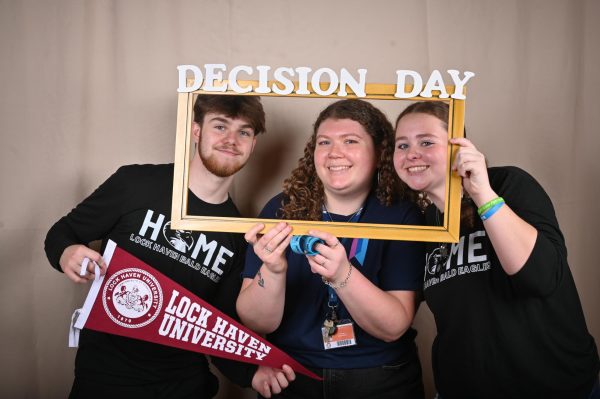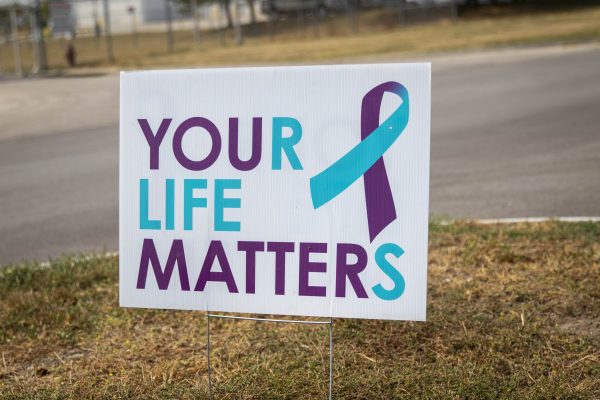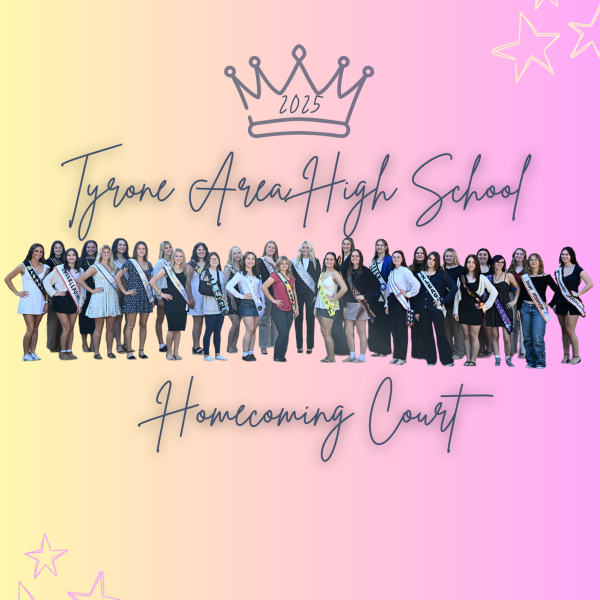To Post or Not to Post: the dark side of social media
Our advice: Be smart when plugged into your social media accounts.

In a world that focuses on the latest hash tag and internet sensation, social media has become overwhelmingly popular. It is not uncommon for young people today to be ‘plugged in’ to several social network sites.
With just a few clicks on my keyboard and I can find out where someone went to school, where they live, and what kind of bagel they had for breakfast.
Updating your status may be a convenient way for people to stay in touch, but you make yourself vulnerable when you post everything. Keep yourself safe; make your accounts private and watch what you put out to the world.
Keeping your profiles private does not mean you have the freedom to say anything on social media. Watching what you put on the internet is a must these days.
Did you know that one in five bosses has rejected an applicant after checking out potential employee’s profiles on social media sites? Employers can see vulgar language, disrespect, or any drug and alcohol use that you post on your profile. If you are looking for a job that is reason enough to behave yourself online.
Posting it all cannot only keep you from getting a job, but it can put you out of a job as well. In January of 2014 an Applebee’s employee was fired after posting a customer’s receipt on Reddit. They were fired because they broke the customer’s privacy in return for an internet laugh.
A few years ago a teacher complained about her students on Facebook, calling them “germ bags,” “snobby” and “arrogant.” Because these posts were made public parents of the “snobby” students alerted the school administration and the teacher was forced to resign.
Recently at Penn State University the fraternity Kappa Delta Rho was suspended for violating other student’s privacy through a hidden Facebook page. The page contained photos of naked female students taken without their knowledge. Posting pictures woman against their will may result in expulsion and criminal prosecution for the students involved.
But even if you’re not doing something illegal, being irresponsible on social media can still cost you. Few high school athletes have the opportunity to play their sport in college. Those that do are lucky, some can receive scholarships and even get a full ride to college just based on their athletic ability.
College coaches take an account of what their potential players post on social networks. Looking at their social media account gives the coach an idea of how that future player is off the field, or court.
If the coach does not like what they read then that potential athlete is no longer a candidate for the team. College coaches are not only looking for students with the athletic ability but students who will best represent their college.
One of the best examples of this is Yuri Wright.
Wright was a highly recruited high school football player from New Jersey. He was the 40th-ranked player on the ESPNU 150. He had several Big 10 universities after him, including Michigan. However due to sexually graphic and racial twitter posts he was expelled from his Catholic high school. At the time of these Twitter posts he was being recruited by Michigan, Rutgers, Notre Dame and Colorado. Soon after the posts became public Michigan stopped recruiting him. In under 140 characters, Wright lost dozens of scholarship opportunities.
So if you are even thinking about posting those pictures from last weekend I hope you reconsider.
Social media can be a fun way to keep in touch with family and friends. It’s not supposed to keep you out of the workforce, get you kicked out of college, or cause you lose scholarship money. Keep your posts respectful and don’t lose sight of what is actually important – the real world beyond the screen. Watch what you post, you’ll thank yourself later.

Hello! My name is Carrie Vance and I am the Social Media Director for the Eagle Eye. I am a senior at Tyrone High and this is my first year on the Eagle...












